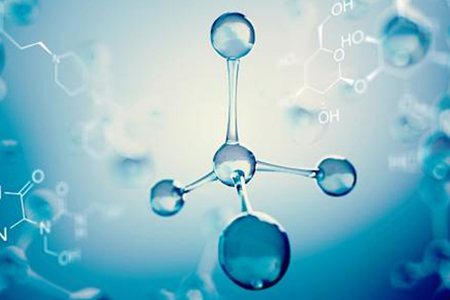Magnesium is nothing short of a miracle mineral in its healing effect on a wide range of diseases as well as in its ability to rejuvenate the aging body. We know that it is essential for many enzyme reactions, especially in regard to cellular energy production, for the health of the brain and nervous system and also for healthy teeth and bones. However, it may come as a surprise that in the form of magnesium chloride it is also an impressive infection fighter.
The above statement by retired biochemist and nutritionist Walter Last is no exaggeration in summarising the overriding importance of magnesium for our health. It is doubly true because the magnesium intake with our food has greatly declined due to the use of inorganic fertilisers with an oversupply of calcium, and also because the medical profession overemphasises our need for a high calcium intake and excessive calcium supplementation at the expense of magnesium.
While calcium and magnesium work together in the body, they are also opposites in their effects on our metabolism. This is largely due to the activity of the parathyroid glands which try to keep the combined product of calcium and magnesium in our blood steady and balanced against phosphorus. If the magnesium levels are low, then the calcium levels need rise to restore balance. Where does this extra calcium come from? From the bones and teeth, of course!
This is even more of a problem when the parathyroids are chronically overstimulated, usually combined with an underactive thyroid. This is a common situation with the presence of candidiasis, mercury dental fillings and root canal fillings: all of these appear to depress thyroid functions and overstimulate the parathyroids.
What does the body do with the excess calcium in the blood? It dumps it into tissue wherever there is some chronic inflammation. This leads, for instance, to the calcification of joints, as in arthritis, and to the calcification of ovaries and other glands, resulting in declining hormone production. Calcifying kidneys eventually require dialysis, and calcifications in breast tissue, especially the milk ducts, are often managed with unnecessary mastectomies and other invasive treatments.
Read the entire article here.

